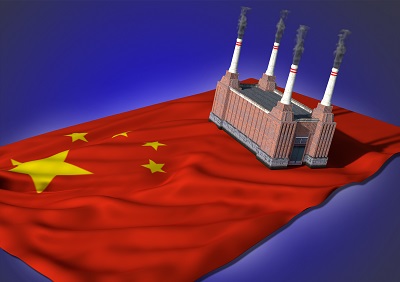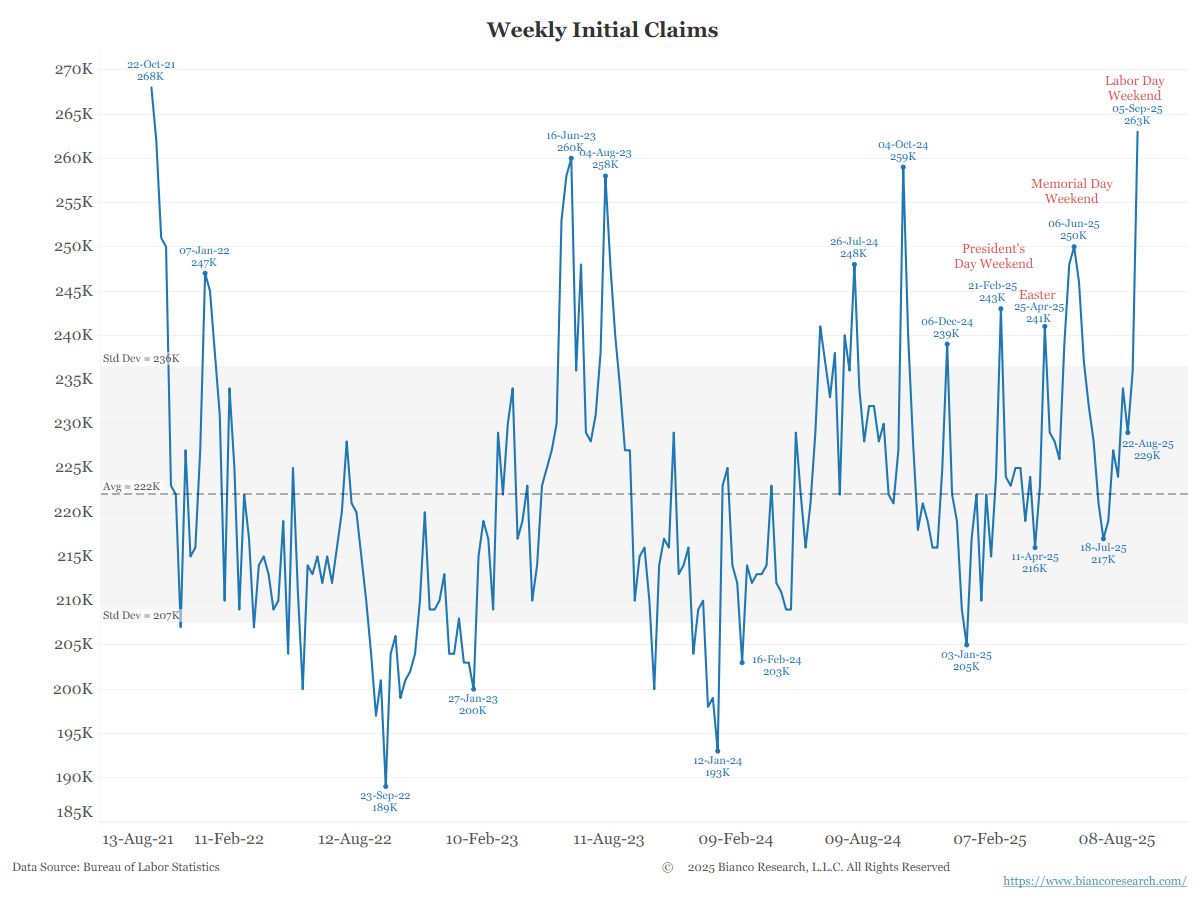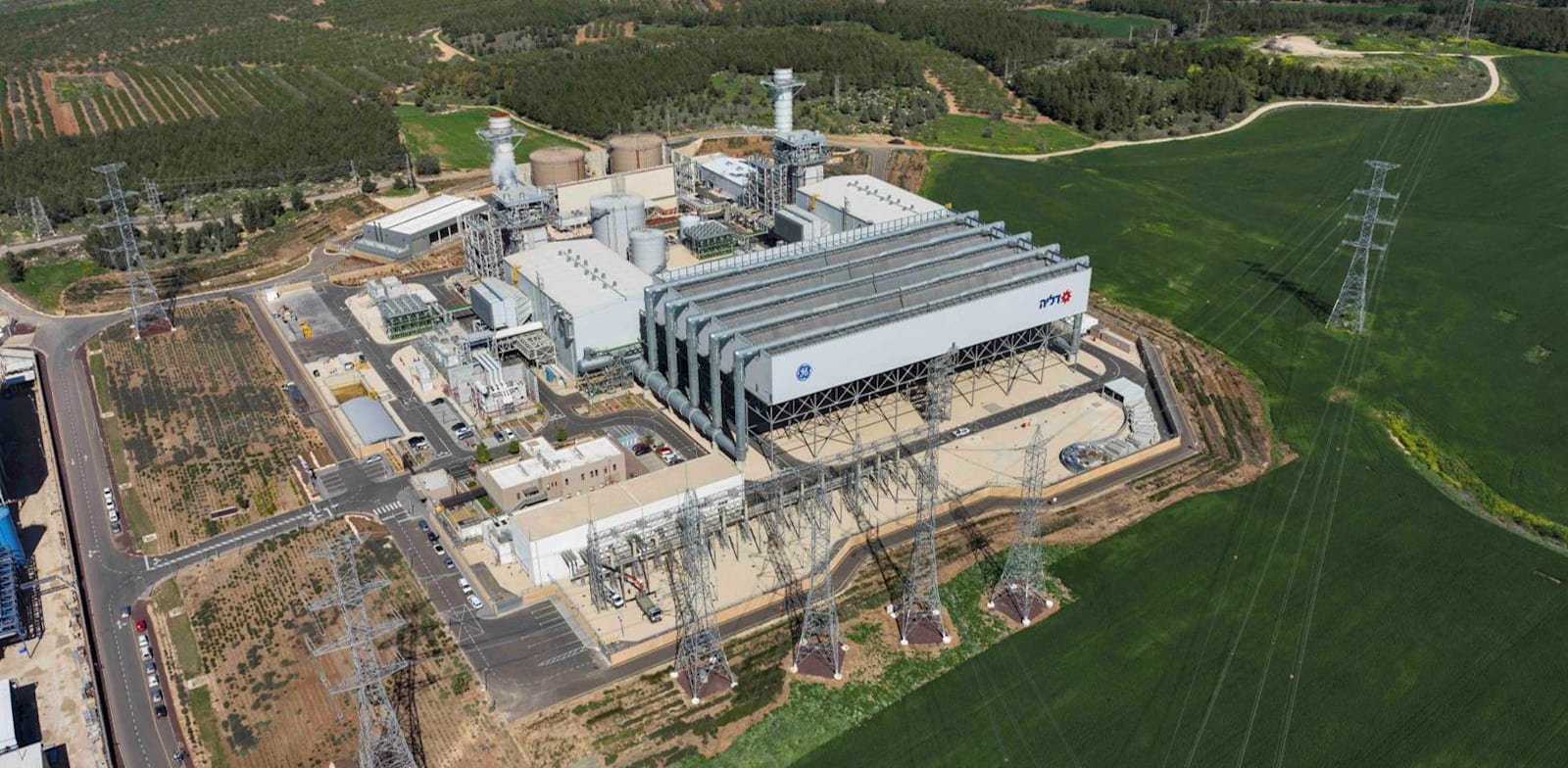Receive free World updates
We’ll send you a myFT Daily Digest email rounding up the latest World news every morning.
This article is an on-site version of our FirstFT newsletter. Sign up to our Asia, Europe/Africa or Americas edition to get it sent straight to your inbox every weekday morning
The UK has struck a deal to rejoin the EU’s Horizon research programme, according to officials in London and Brussels, in a move welcomed by scientists and business.
Rishi Sunak, UK prime minister, is expected to confirm today that Britain will take up its much-delayed associate membership of the €95.5bn Horizon programme, drawing a line under months of tense negotiations.
Horizon is the world’s largest multilateral research programme, bringing together companies and scientists from more than 40 countries exploring areas from climate change to cancer and artificial intelligence.
Sunak has personally overseen the details of the deal, having told aides he was sceptical about whether Horizon offered the UK value for money. The agreement will mark a further deepening of post-Brexit ties between Britain and the EU. Read the full story.
Here’s more news from the UK:
And here’s what else I’m keeping tabs on today:
Economic data: The EU has its second-quarter gross domestic product, Germany releases July industrial production data, and Halifax has its house prices index for the UK.
Results: Housebuilder Cairn Homes, and insurers Direct Line and Lloyd’s of London report.
UK: The City of London is due to publish its blueprint to boost competitiveness by 2030.
Don’t miss tomorrow’s edition of Long Story Short, to be written by Financial Times editor Roula Khalaf. A different female journalist pens the newsletter each week, picking the best work across the FT and providing an insight into reporting life. Sign up now.
Five more top stories
1. Exclusive: The European Investment Bank must take more risk, the Danish candidate for its presidency has said. Margrethe Vestager, who was the EU’s competition chief, argued that the approach of the world’s biggest multilateral lender was too conservative to fund the green transition and reconstruction of Ukraine. Read her full interview with the FT.
2. Exclusive: KPMG’s US partners will have their pay halved during gardening leave if they quit to join rivals. The move to stop staff poaching sets it apart from Deloitte, PwC and EY, which claw back the pay only at the end of the six-month notice period and often from the partner’s equity in the firm. The imposition of financial penalties has spread across the Big Four firms in the US as competition for talent and clients has intensified.
3. Google will require political ads to “prominently disclose” AI-generated content that could “inauthentically” depict people or events. The tech giant said yesterday the policy would take effect in mid-November, a year ahead of the US presidential election. Here’s more on its efforts to address worries about digitally altered images.
AI biotech: A “biological software” AI start-up founded by a former Google AI expert has raised $100mn from Silicon Valley heavyweights Nvidia and Andreessen Horowitz.
Opinion: Norway’s $1.4tn oil fund is sending a warning to companies about AI, and as one of the most advanced traditional investors talking about the issue, its stance is worth watching closely, writes Richard Milne.
4. SoftBank-backed WeWork is seeking to renegotiate nearly all of its leases around the world, weeks after it warned that there was “substantial doubt” about its ability to continue as a going concern. As of June, the group was in 777 locations in 39 countries, with long-term lease obligations of more than $13bn, most of which come due in or after 2028. Here’s how its cost-cutting drive could threaten the wider commercial property sector.
5. Europe’s leading green steel start-up is weighing overseas expansion after raising €1.5bn in equity from investors including Singapore’s GIC and Temasek and Al Gore’s Just Climate fund. H2 Green Steel will use the money to build a plant producing hydrogen from renewable energy in Sweden, which will be used to create green steel. Here are the countries the company is exploring.
News in-depth
In the utopian vision of net zero pledges, there will be no new petrol cars on EU roads from 2035, American industry will run on green hydrogen, wind farms will whirr across the North Sea and solar power will bring all Africans affordable energy. The IMF claims all this can be achieved without straining government finances — provided the world agrees to tax or price carbon, redistribute the proceeds to the developing world and scrap current subsidies for fossil fuels. The reality is a far cry from the hypotheticals.
We’re also reading . . .
Chart of the day
Heat records in the 2023 northern hemisphere summer were “not just broken but smashed”, scientists from the EU earth observation agency reported. Read more on the world’s hottest season on record.

Take a break from the news
Our ancestors were on the brink of extinction about 900,000 years ago, according to a new scientific report, with little more than a thousand breeding individuals eking out a lonely existence for more than 100,000 years. But this new theory has been met with scepticism, highlighting the challenge of reconstructing the story of our own species.
Additional contributions from Benjamin Wilhelm and Gordon Smith
Thank you for reading and remember you can add FirstFT to myFT. You can also elect to receive a FirstFT push notification every morning on the app. Send your recommendations and feedback to [email protected]
Recommended newsletters for you
Working It — Everything you need to get ahead at work, in your inbox every Wednesday. Sign up here
One Must-Read — The one piece of journalism you should read today. Sign up here

















